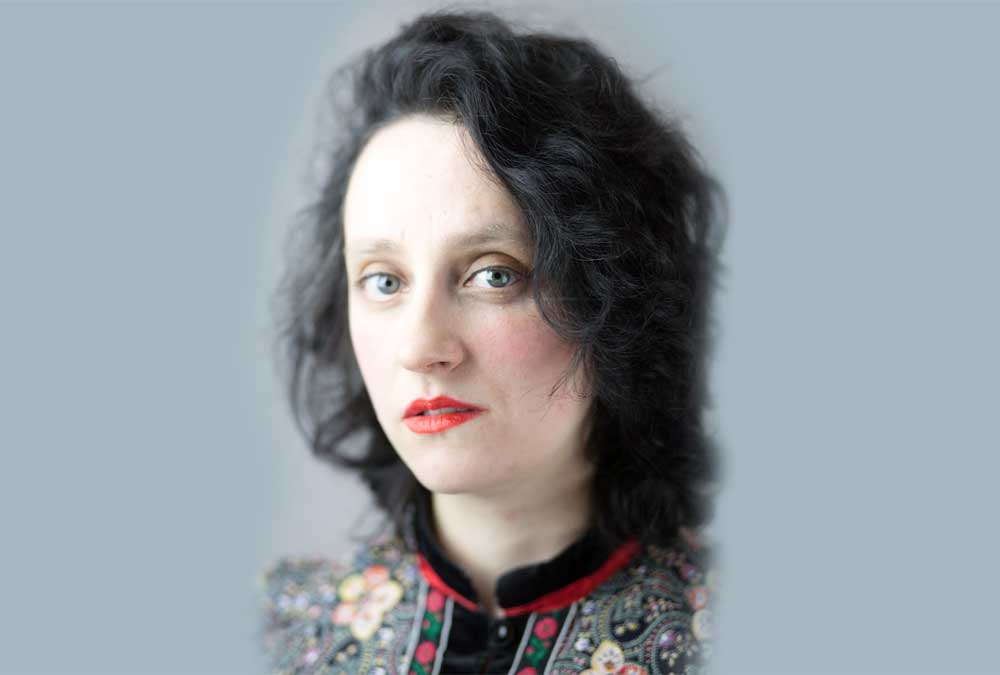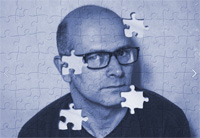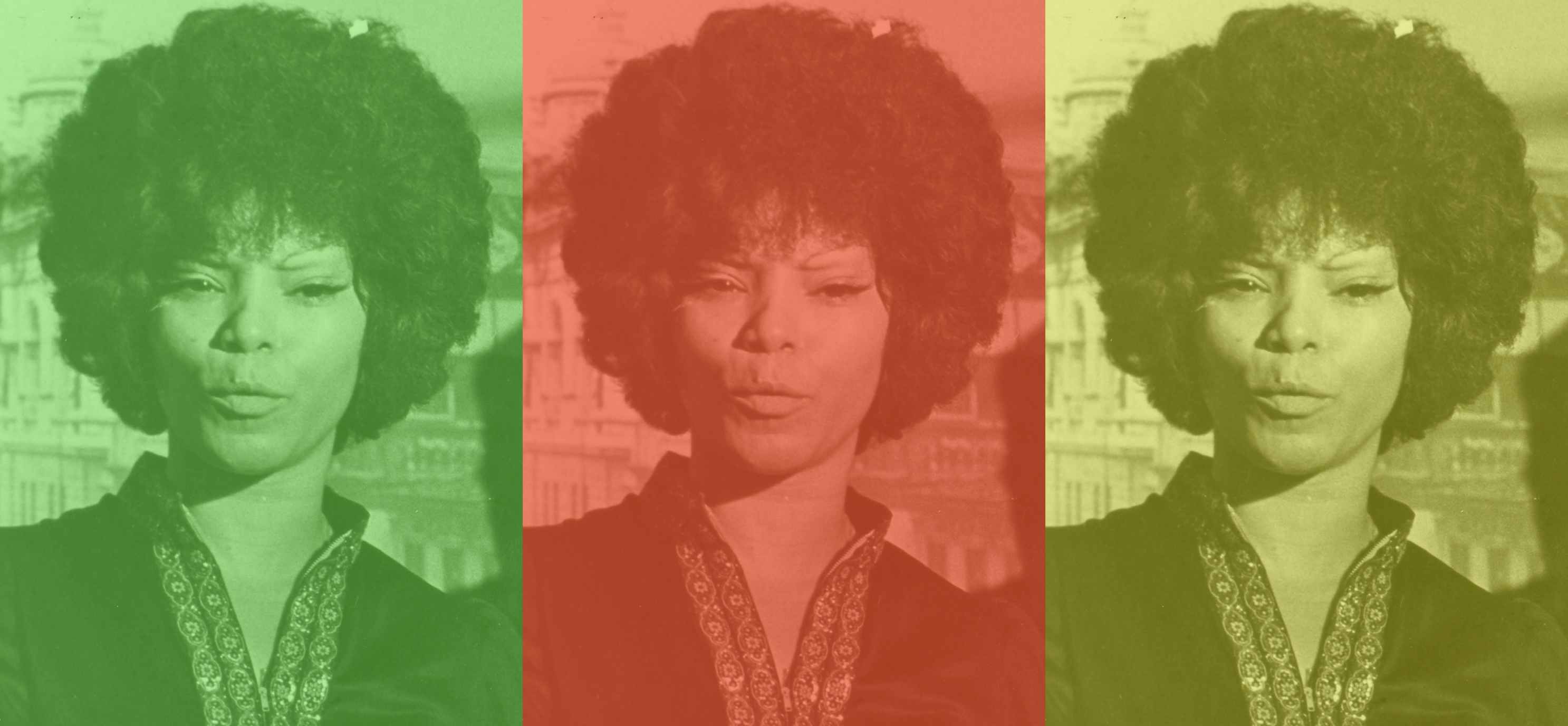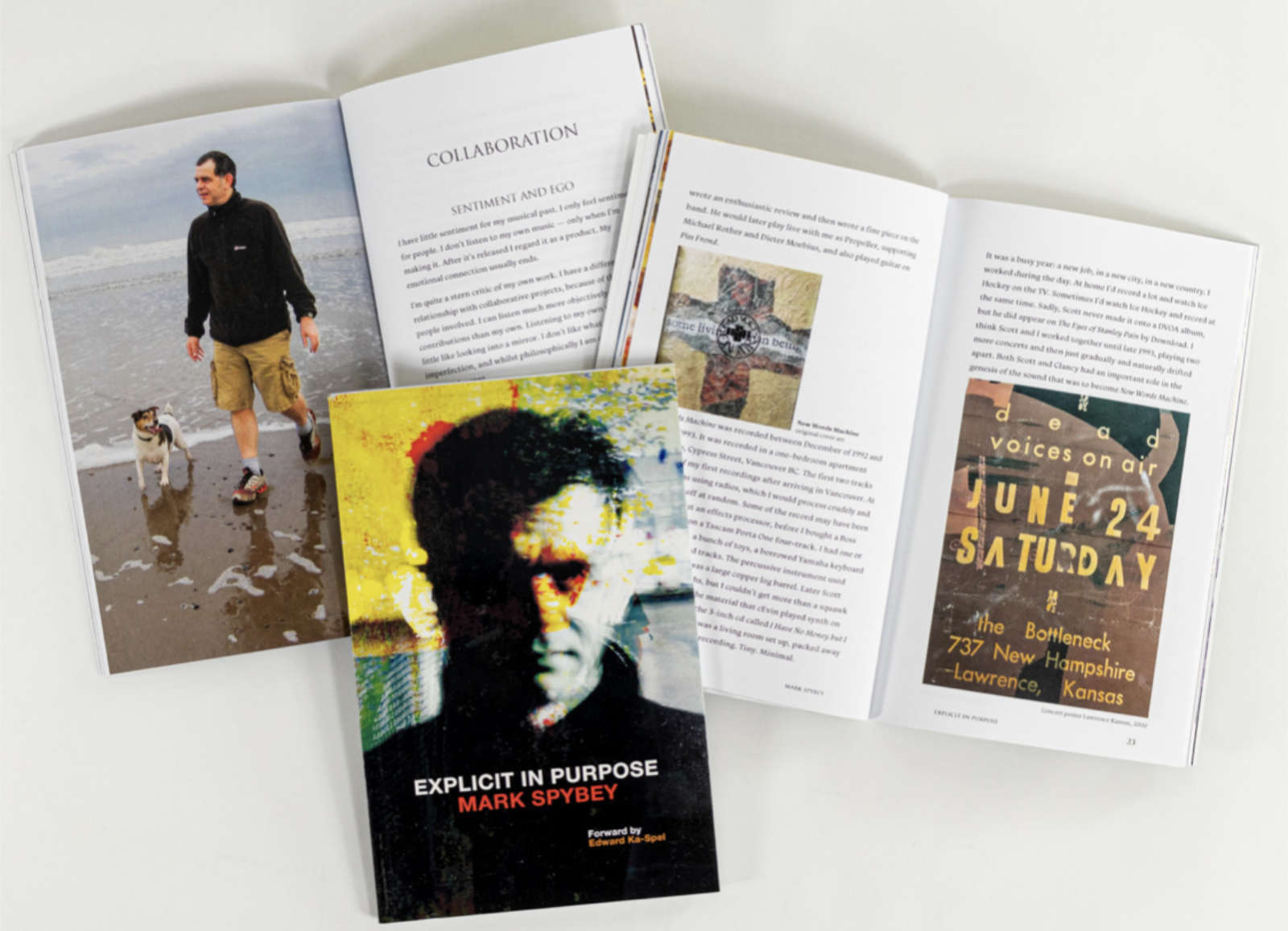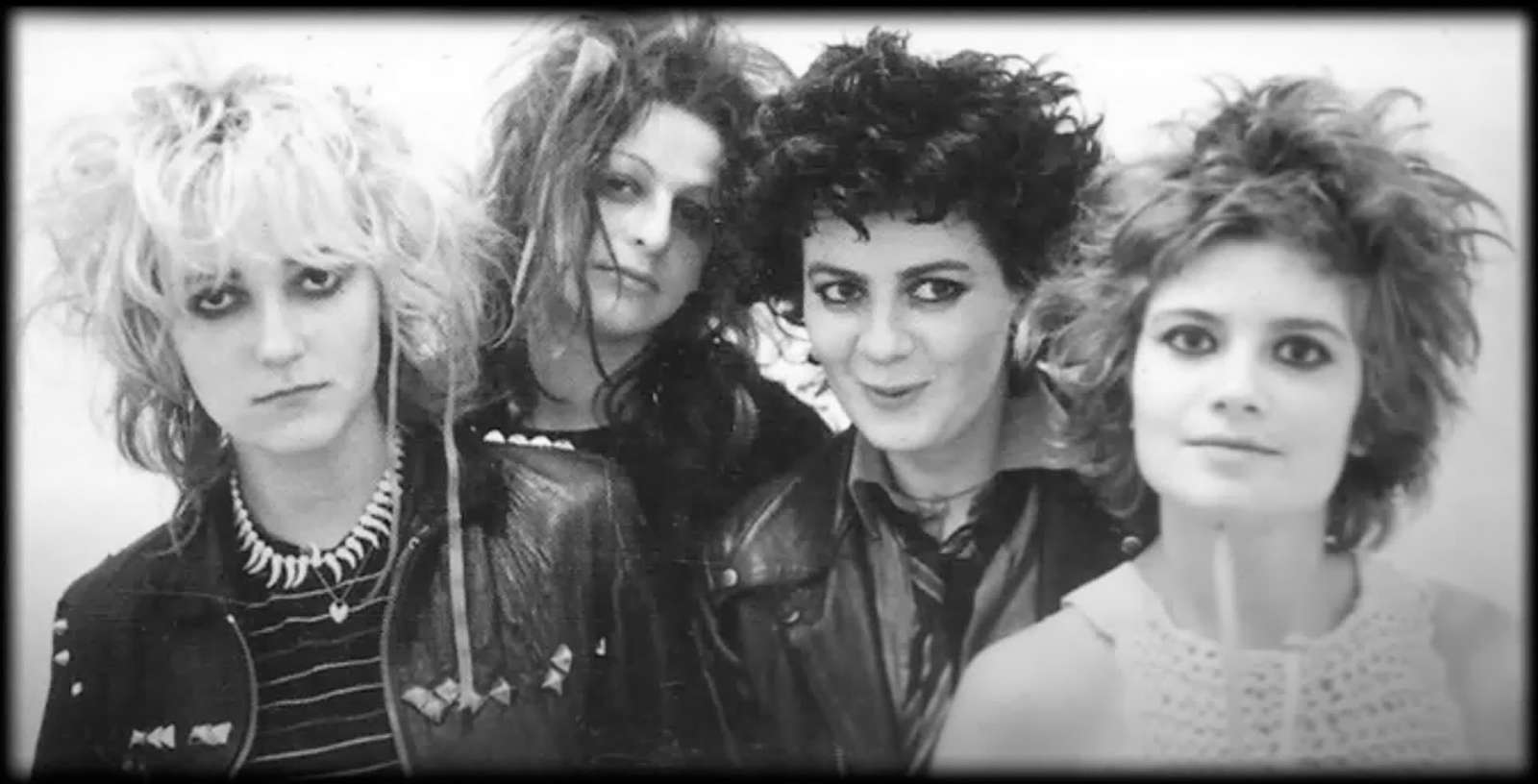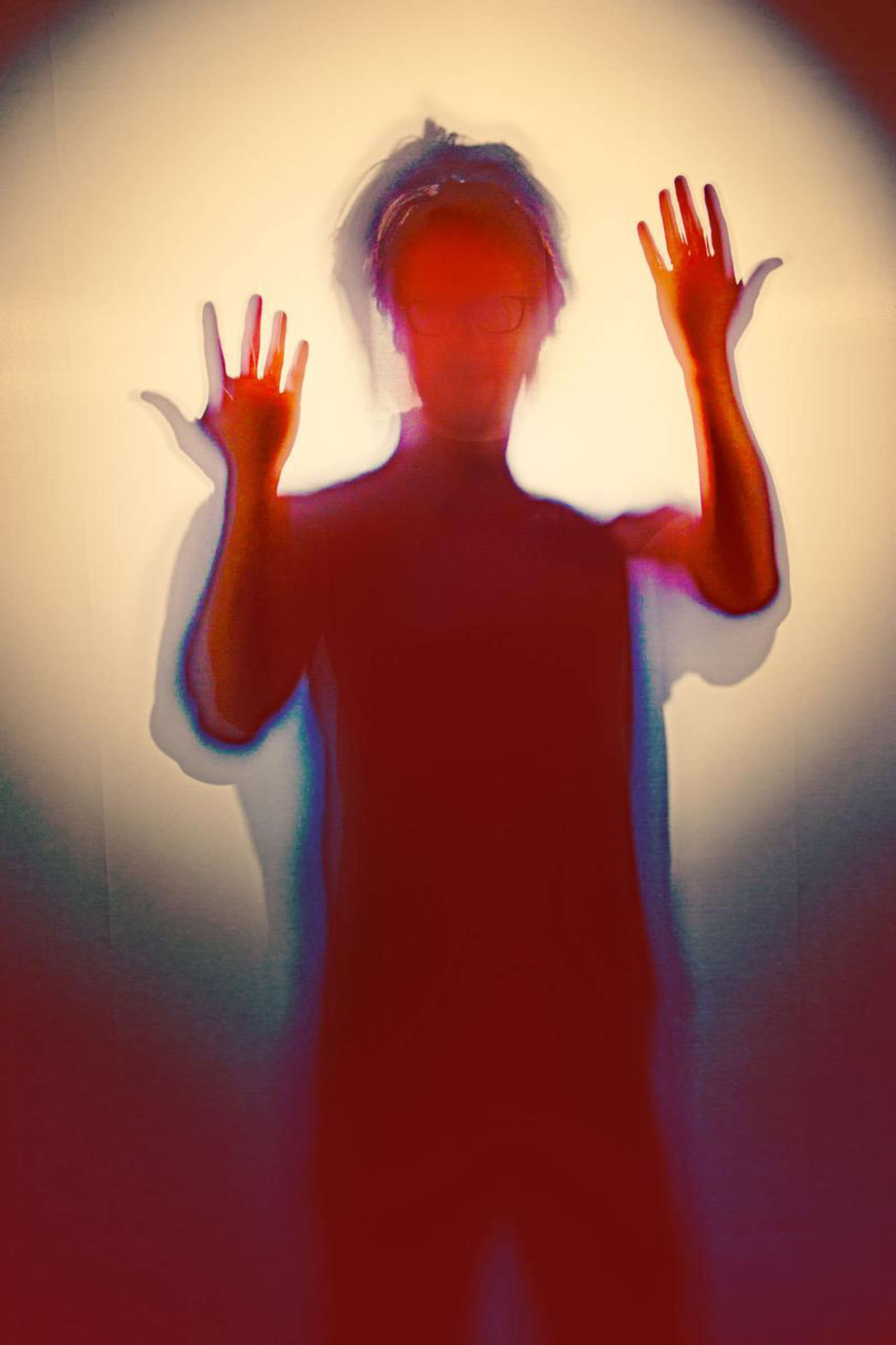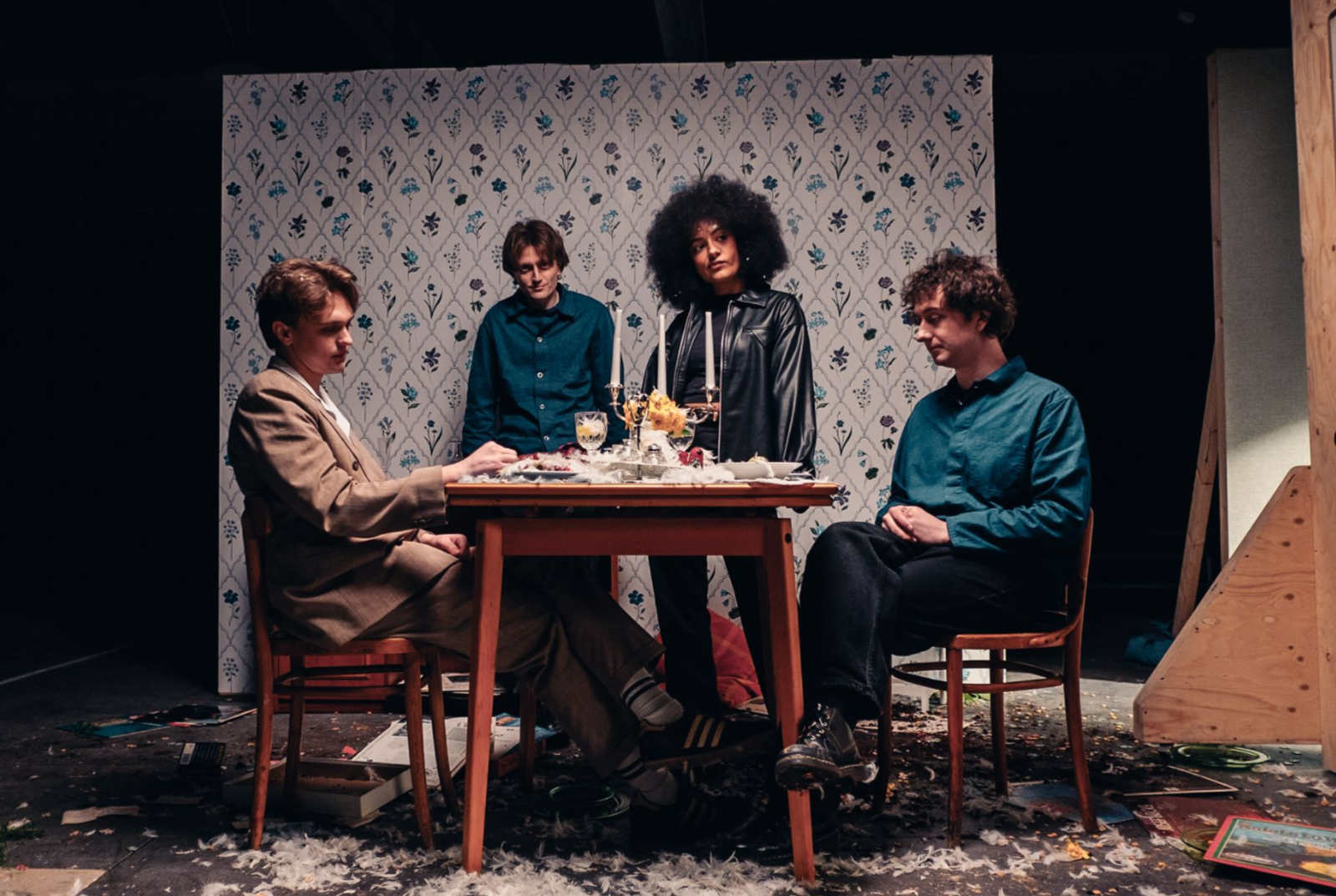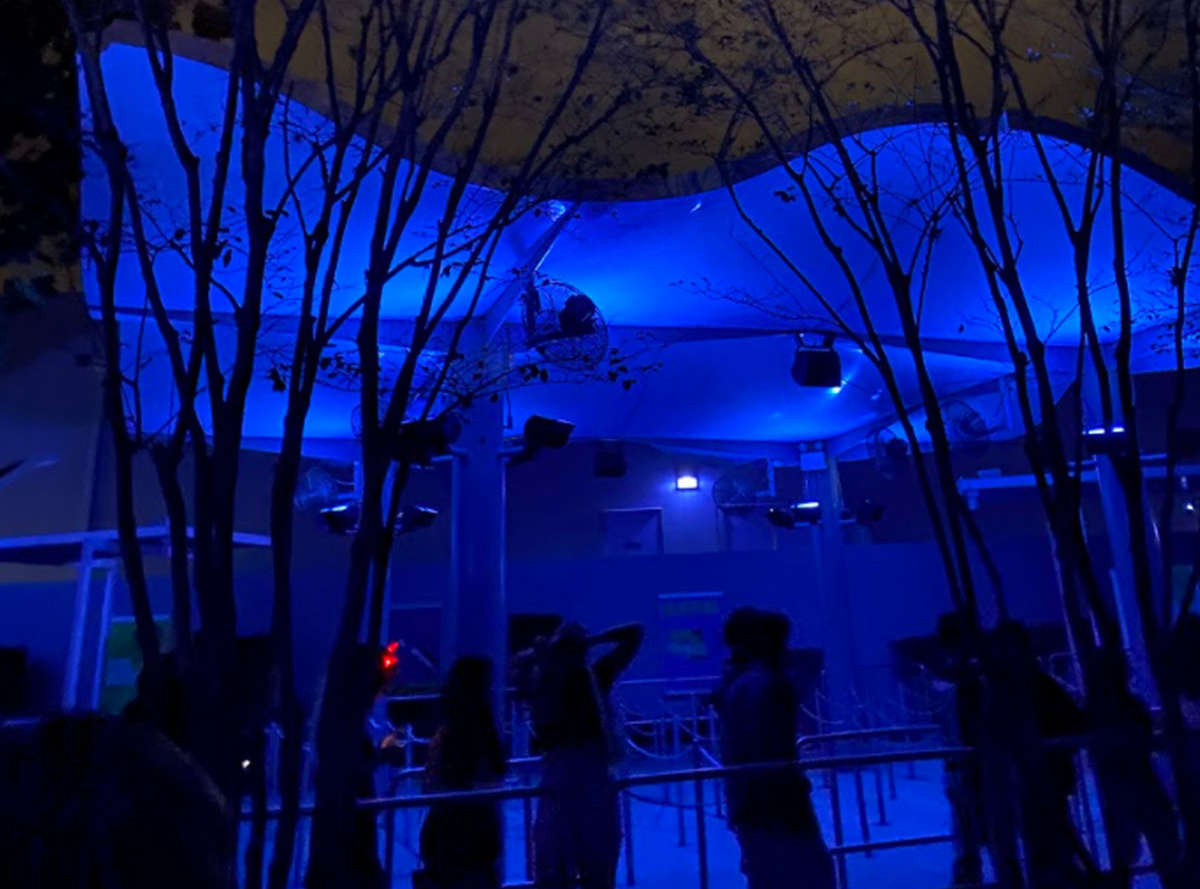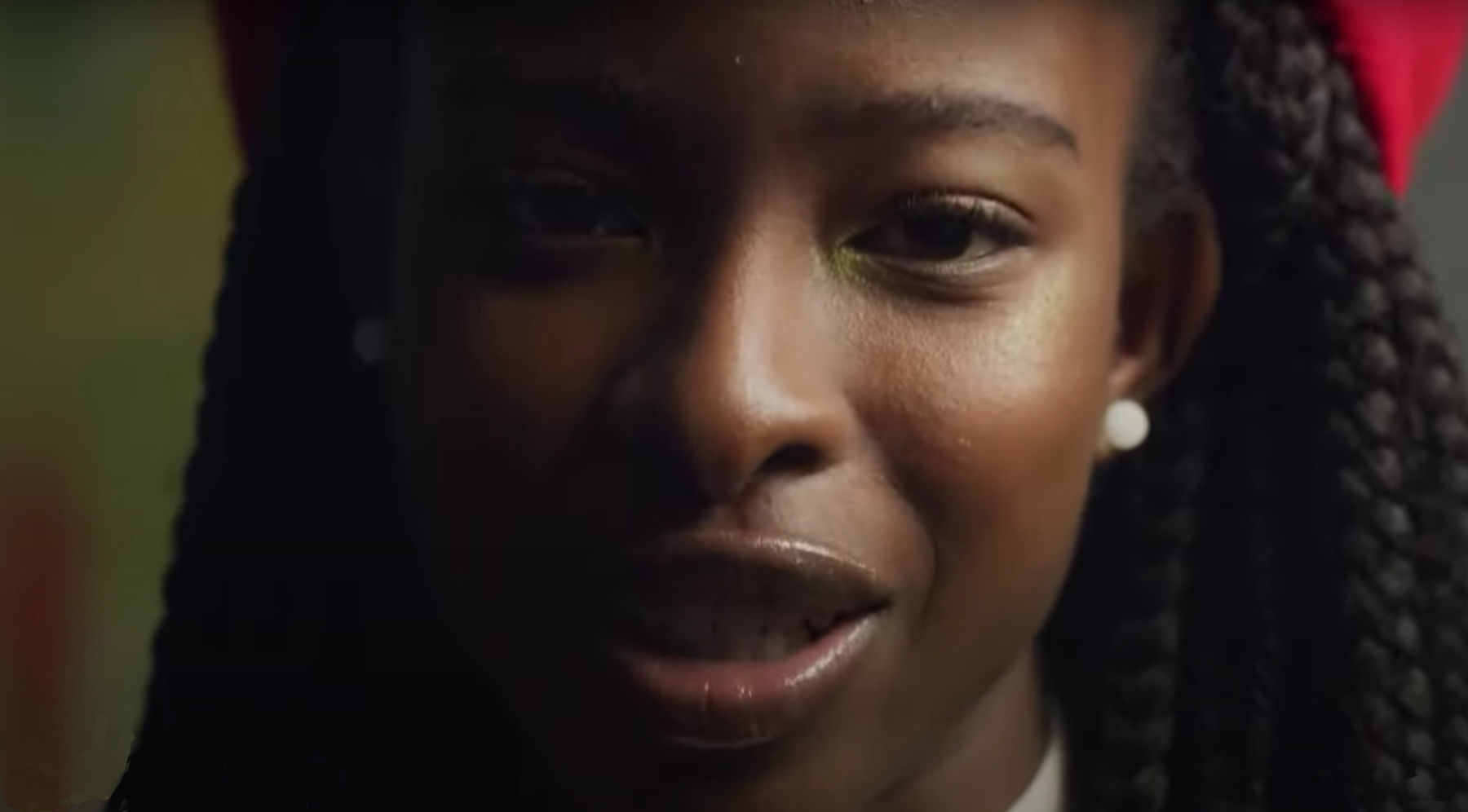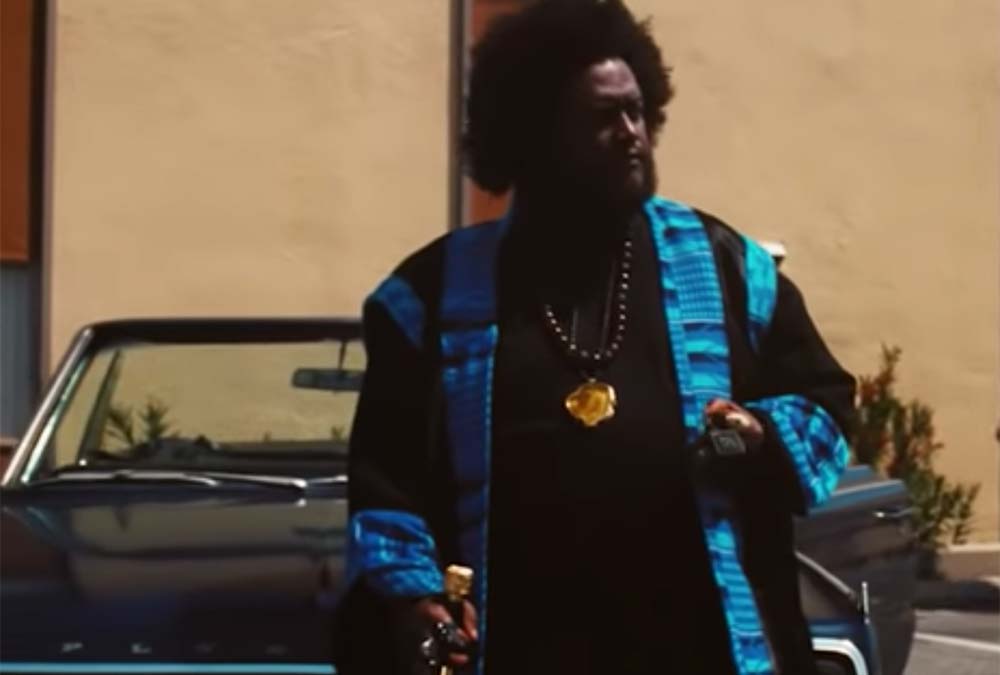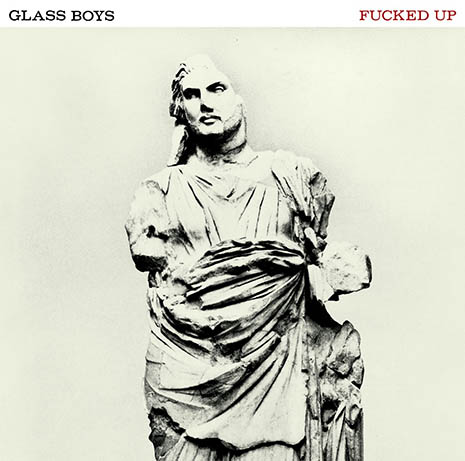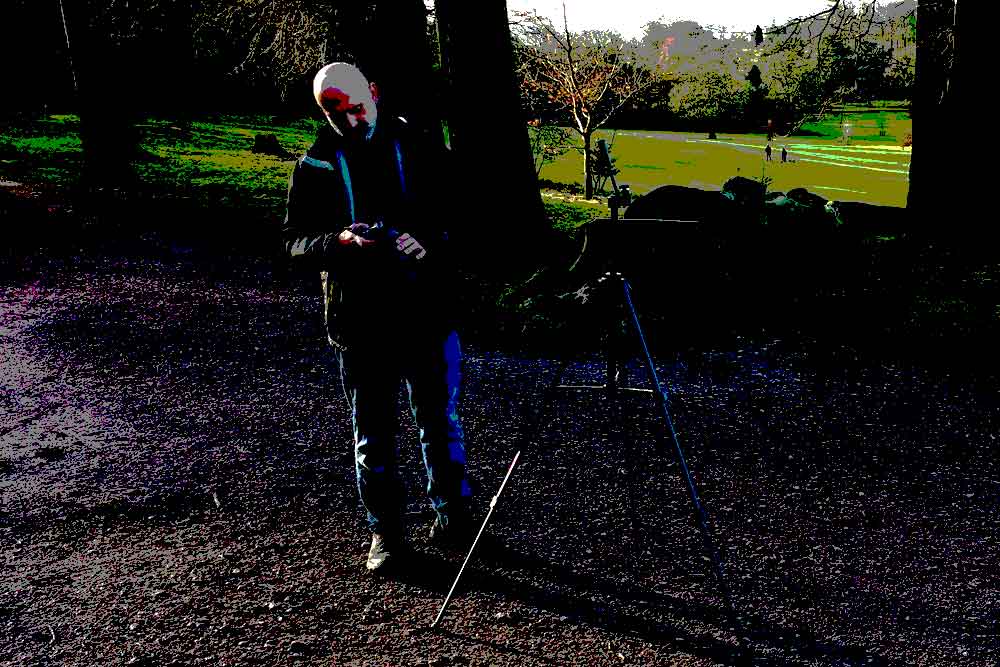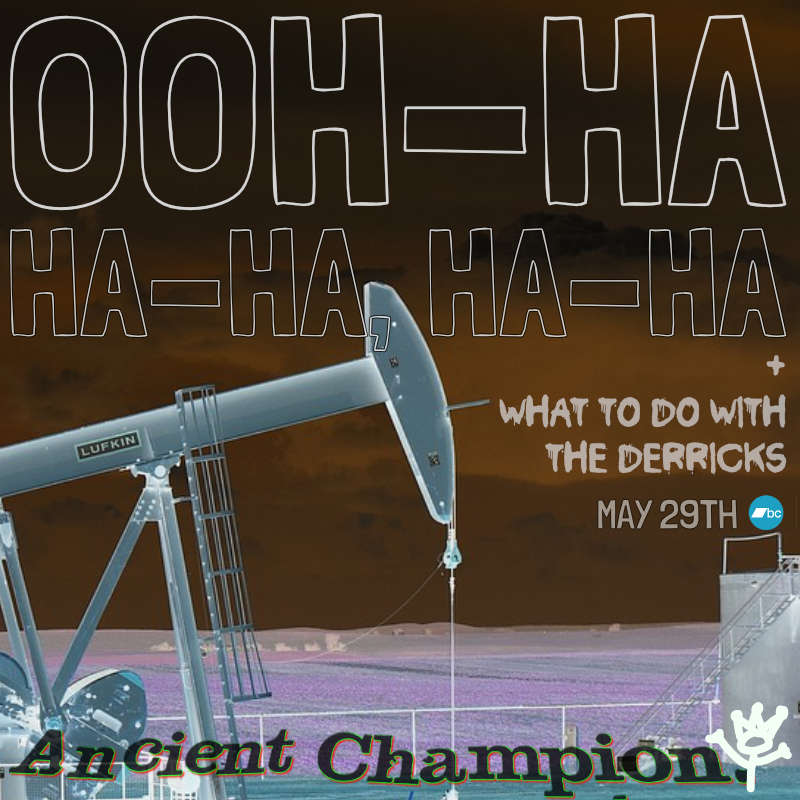I've met quite a few people who've talked about the book that they're going to write, or even the one that they've started. Despite all of these tantalizing tales and boasts, nothing has ever emerged.
Kate Mascarenhas, who I knew after working with her over a decade ago, never made such bold claims. So, a few months ago, when I found myself in a large branch of Waterstones, attending the launch of her debut novel, I was happily surprised.
The Psychology of Time Travel is a wonderfully complex intriguing work. As the novel opens, we meet the pioneering scientists who invent the first time traveling machine in the late 1960's and then watch their pasts, presents and futures unfold, there's a fascinating murder mystery at the heart of the story as well as some perceptive observations into changing attitudes towards mental health.
So it was time to catch up with Kate and ask her about her remarkable book came together, as well as her plans for the future.
Outsideleft: Hi Kate, Congratulations on the novel. How does it feel to actually get your debut novel published? How does it feel to actually see on display in book shops?
Kate Mascarhenas: Mostly, it’s a sense of relief. The publication process is quite long (I signed my book deal back in June 2017) so by now I’m just glad that it’s finally on the shelves!
OL: Science fiction is a genre largely dominated by males, how important was it for you to have the four scientists as women, as well as other protagonists such as Ruby and Odette?
KM: Many of my favourite time travel stories are written by women - in The Psychology of Time Travel, Grace has both James Tiptree and Octavia Butler on her shelves; Connie Willis, and Jo Walton, would have been at home there too. I was also hugely influenced by children’s writers of time travel and “time slip” stories – most notably Diana Wynne Jones, but also Philippa Pearce, Lucy M. Boston, Penelope Farmer and Helen Cresswell. I’d say there’s a rough gender split in the representation of time travellers across these books, but we do, as readers, share a default assumption that scientists are going to be male. I wanted to challenge that a little. Hopefully our expectations are shifting; the new Doctor Who is a woman, which feels like a good sign.
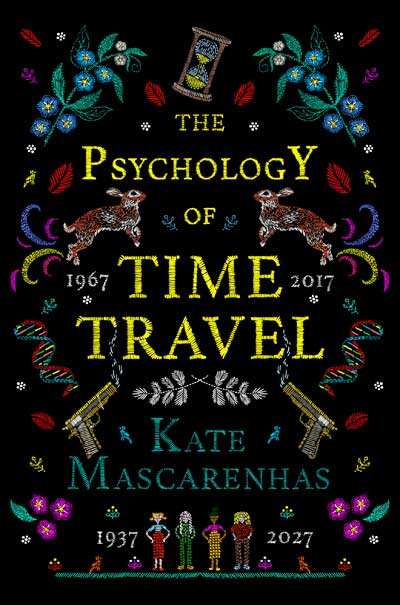 OL: Since 'The Time Machine' by H.G.Wells literature and then films and television have used time travel as a basis for their stories, why do you think the topic holds such fascination for audiences?
OL: Since 'The Time Machine' by H.G.Wells literature and then films and television have used time travel as a basis for their stories, why do you think the topic holds such fascination for audiences?
KM: Time travel stories are good for exploring fears and hopes about where society has come from, and where it’s going. I think people enjoy the mental workout they get from time travel stories, too. Usually narratives are structured by cause and effect, but time travel stories break causation by their nature. It can feel very satisfying for readers and audiences to see how that’s resolved.
OL: Attitudes towards mental health over time is one of the themes of the novel. For instance, Barbara's breakdown in 1967 is treated quite callously (particularly by Margaret), whereas Odette's trauma in 2018 is treated more sympathetically. Was this an important topic for you?
KM: In my early thirties I was diagnosed with bipolar disorder. I had to make a number of adjustments, including the knowledge that certain things were barred from me. For instance, many countries refuse migrants with severe mental health diagnoses, so it would be difficult for me to work abroad. And even in my very mundane day job, I required reasonable accommodations that my employer said they would make but were poor at enacting. (Ironically I worked for a disabilities charity). That’s without getting into the difficulties of claiming benefits if you’re too ill to work. So it seemed a natural thing to me, to talk about how - if time travelling were to be a whole, self contained industry - its disabled workers might be victimised.
OL: One of the most interesting themes of the book for me is the psychological effects of time travel. The fact that not everyone may be able to adapt to it. There's a wonderful quote from Fay about seeing people you love after they've died. What appealed to you about this angle?
KM: In wish fulfilment terms, it would be very comforting to think you could still visit someone after their death. But inevitably it would disturb your assumptions about the world. The conflict between longing to see someone, and feeling unsettled by the knowledge they’re dead in your own time, seemed full of story potential to me. There are all sorts of healthy and unhealthy ways you could manage such a conflict.
OL: I hear that there's talk of the book being adapted for television. Do you know any more about this? How involved are you?
KM: AMC have bought a twelve-month option to adapt the novel. That doesn’t guarantee the show will be made, so we’ll have to wait and see what happens. AMC have made some of my very favourite shows so I was delighted with the deal and trust them to do a good job should the project progress.
OL: Now that you've published your first novel, what are you working on next?
KM: I’ve just finished the first draft of another speculative novel. It’s set in contemporary Oxford and is about the theft of a priceless doll with magical properties.
OL: Finally, if you could travel back (or forward), in time, where would you go to?
KM: I’d be a reluctant time traveller because I’m very risk averse. Like Barbara, I have to watch my sleep hygiene to avoid manic episodes; jet lag is bad enough and time travel could trip me over the edge! With that caveat, I think I’d make a short trip to the late nineties to say hi to my dad and my nan and my godmother, as sadly they’re not around anymore. That would, in any case, be more meaningful to me than a historical adventure.
The Pyschology of Time Travel on Amazon.com
Kate's Website
Photo: Matt Murtagh
